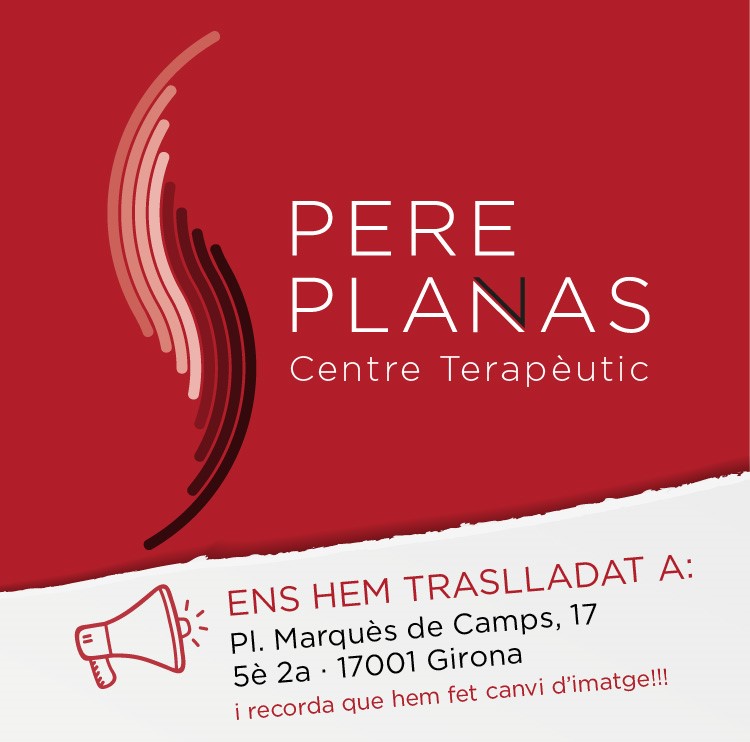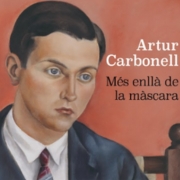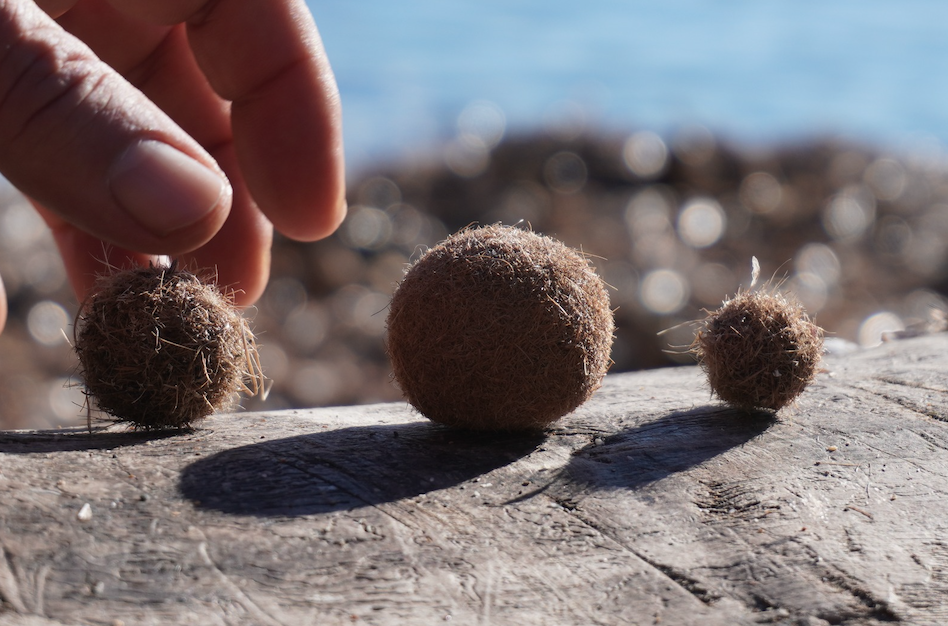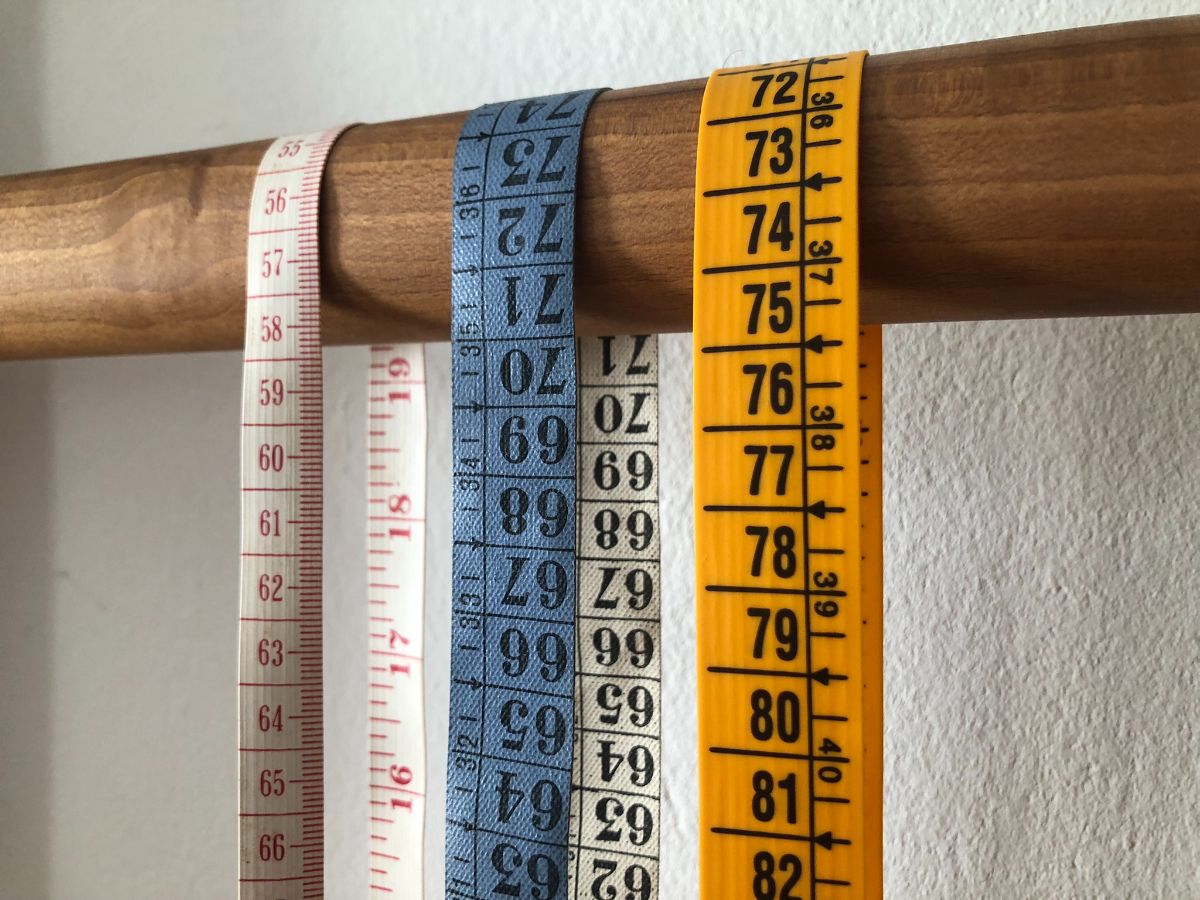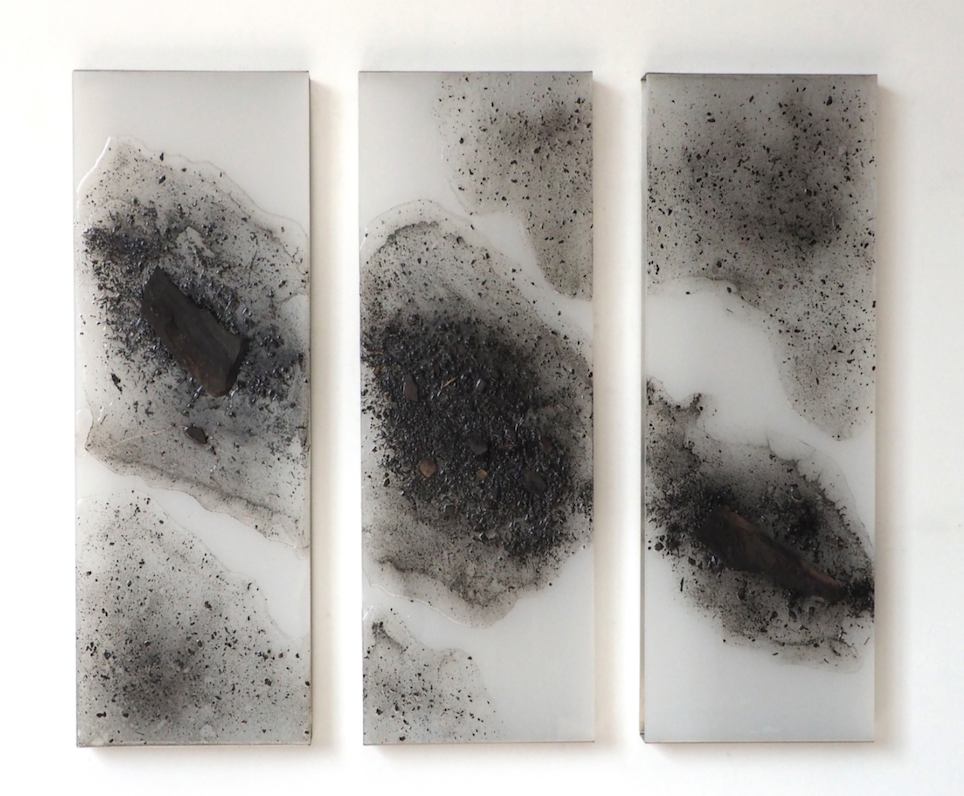contests
The 16th Edition of the Pepe Sales Festival pays tribute to Alejandra Pizarnik
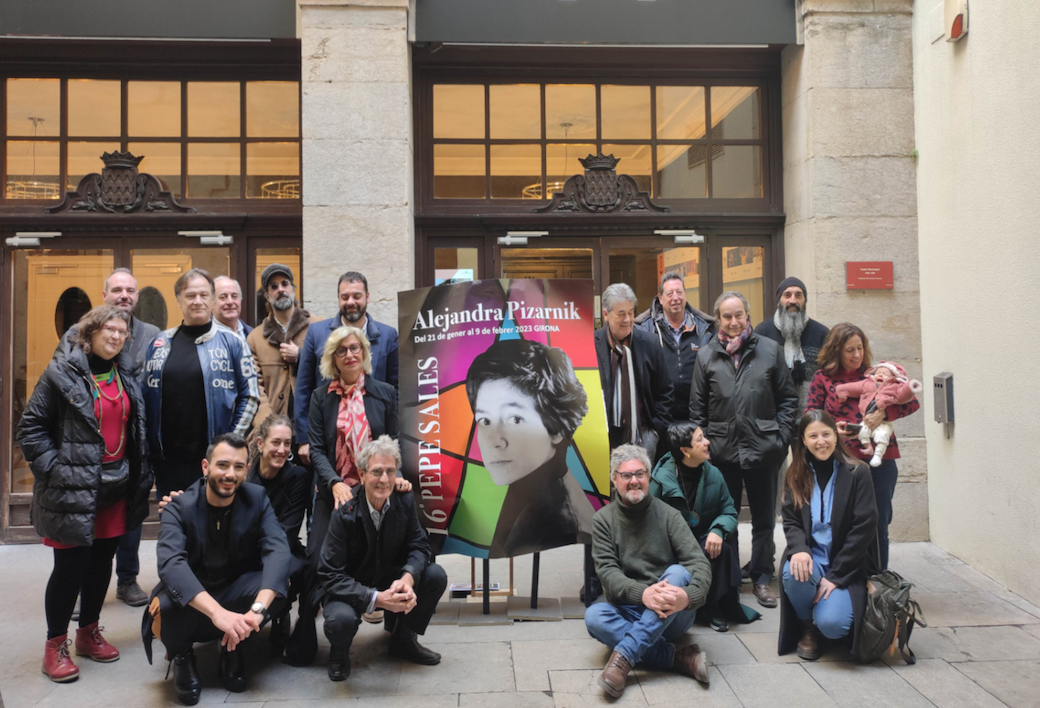
The 16th edition of the Pepe Sales Festival 2023 evokes and pays tribute to Alejandra Pizarnik (1936-1972, Buenos Aires, Argentina), considered one of the most influential poets of the 20th century.
This past Monday, the press conference was held to present the novelties of this edition, in which Quim Ayats, Councilor for Culture of the Girona City Council, representing the Provincial Council of Girona, Consol Ribas and Lluís Llamas were present. , directors of the Festival, Sílvia Planas, director of the Jewish History Museum of Girona, Edu Sivori, Poet and social psychologist, Ester Bertran, journalist and Alex Meyer, assistant director, representing the LGTBI+ groups.
According to the director of the festival, one of the main objectives this year is to project the message of overcoming, empowering women, clamoring for sexual freedom and social commitment that the bisexual author expresses, transmits in her work . Therefore, what is wanted is to combat the causes of discrimination for reasons of race, class, origin, sexual orientation and gender; provoke and exhibit artistic creation outside the traditional circuit; to establish artistic links between the participants overcoming the strict scope of the festival; give space to all artistic manifestations and trends without exclusion; to contribute to the literary field in the Catalan language by publishing translations of Pizarnik's work, hitherto unpublished in this language, and to promote the idea of the city as a space for exchange, a generous sharing of culture and a confluence of ideas.
As for the threads projected by Pizarnik's figure, these will be: the children of the diaspora, who will reflect on the children of emigrants, refugees or exiles, those pushed by wars or persecuted for ethnic, religious reasons, politicians etc...
Other important topics that will be discussed will be suicide, counterculture and forgotten poets. As for the festival's programming, it begins on January 21 with the presentation of the festival by Xavier Más de Xaxàs, journalist, and the inauguration of the collective exhibition of Plastic Arts and the realization of the performance The bloody countess presented by Àlex Cabarrocas, Gabriela Fernández, Enya Pérez and Àlex Meyer, Luciana Piccioni and Maia Rinaldi.
On Sunday the 22nd from 11:30 a.m. it will leave from Plaça Catalunya and there will be a tour with 10 motorbikes with the Devils of Santa Eugènia and "bikers". The route includes a poetry recital at La Sopa to bring culture to groups and spaces excluded from cultural and traditional circuits.
On Monday the 23rd, the conference titled Alejandra Pizarnik: a philosopher will be held by Luna Miguel, writer and poet. There will also be a reading of poems with Mariona Ginès, Silvia Ardèvol, Abel Debritto and Joyce Lagong.
From 20:00 in the evening there will be performances of music, theatre, dance and performance with 40 artists interpreting the work and time of Alejandra Pizarnik.
At Cinema Truffaut you can see the Festival of Unreleased Short Films on the 25th from 8:00 p.m., in which different filmmakers will present their audiovisual works inspired by the Pizarnik such as: Albert Serra, Albert Gisalló, Albert Sala, Antonella Sturla and Flora Ferrari, Ariadna Raventós, Christopher Faranier, Emmanuel Clamenceau, Ester Bertran, Eva Navarro, Jordi Muñoz Salló, Paco Cavero, Paula Fabianna, Piròmana d'Argos and Xevi Pérez.
On Thursday the 26th, an open debate will be held at the Mercè Culture Center on forgotten poets, counterculture, the children of refugees, suicide with Sílvia Planas, Pepe Ribas, Diana Español and Edu Sívori. This will be followed by the reading of texts with Amèlia Rodríguez, Sílvia Ardévol, Elisenda Bautista, Angel Arial and the participation of the audience.
Finally, the temporary exhibition will close on February 9 at 8:00 pm at the La Mercè Cultural Center.
Pizarnik's work and life
Alejandra Pizarnik was born in 1936 in Avellaneda, Argentina. His family, Ukrainian Jews, had recently arrived in this country fleeing Nazism. His parents' lack of knowledge of the language caused him language delay and incipient stuttering.
His childhood and adolescence were marked by very low self-esteem. On the other hand, contrary to the ideal image of young women at the time, she became an eccentric, rebellious, conflicted young woman and began her addiction to drugs. And as much as his anti-conventionalism grows, so does his devotion to literature: Rimbaud, Rilke, Sartre, etc...
He studied philosophy and journalism in Buenos Aires although he did not finish his studies. Her artistic training began with the master Joan Batlle Planes (Torroella de Montgrí, 1911-Buenos Aires, 1966), a surrealist painter who exerted a great influence on the author.
From 1954 he wrote his Diaries, published after his death, one of the most relevant works of Argentine literature. From 1960 to 1964 she lived in Paris, worked for the publication Cuadernos, wrote articles and poetry, worked as a translator, etc...
After his time in Paris he returned to Buenos Aires and on September 25, 1972, at the age of 36, he died of an overdose of pills one weekend that he had left on leave from the psychiatric hospital in Buenos Aires where he was admitted. The last three verses he wrote were found in his room: no quiero ir nada más que hasta el fondo. With his death a myth was born.


